Sport
Dollar
38,0647
-0.08 %Euro
43,4028
-0.12 %Gram Gold
3.937,1600
-0.56 %Quarter Gold
6.538,3300
0 %Silver
39,2200
-0.76 %Beijing hosted leaders of more than 50 nations this month, showcasing the Asian giant’s reach and influence in the world’s second-largest and second-most-populous continent.
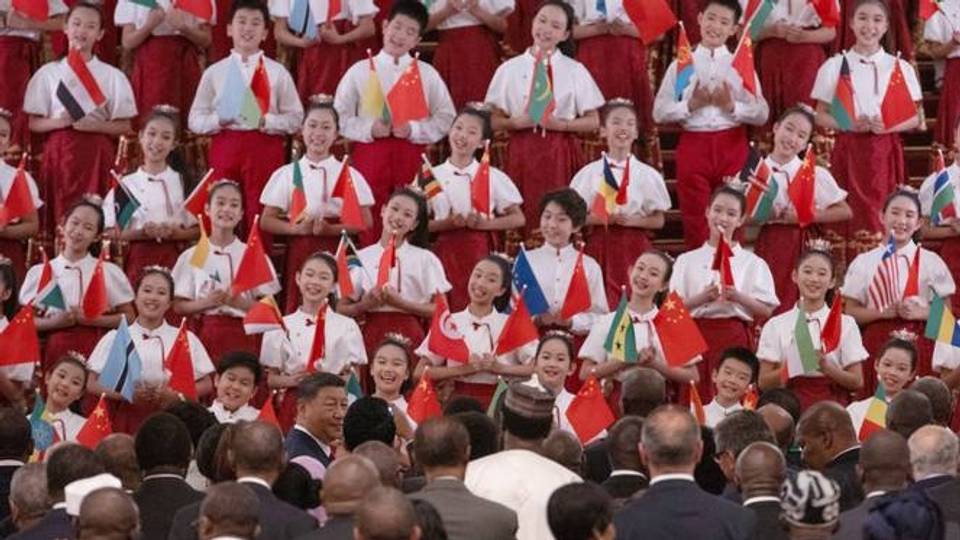
By Amir Zia
China is on the march in Africa. Earlier this month, Beijing pulled off its biggest diplomatic event in recent years with the conclusion of the ninth summit of the Forum on China-Africa Cooperation (FOCAC).
Through this mega event, China and its African partners rolled out the message of “a shared future” and “inclusive modernisation”.
Top leaders of more than 50 African countries, or their representatives, attended the summit where Beijing pledged $50.7 billion worth of financing for development projects to Africa.
The scale and messaging of the event proved much bigger and louder than the past FOCAC summits, raising eyebrows in the United States-led Western bloc, which competes with China for influence on the African continent.
However, the Chinese appear to have the first-movers’ advantage in the game of building relations and expanding trade and investment with the African countries compared to all the other competing nations.
This is reflected in the trade, investment and debt numbers in which China surpasses the US, the world’s number one economy.
For example, China has remained Africa’s biggest trading partner for the past 15 years in a row. In 2023, China-Africa trade hit $282 billion.
China’s main exports to Africa include new energy vehicles, lithium batteries and photovoltaic products. China's imports include minerals, vegetables, and fruits and flowers.
On the other hand, US-Africa trade hovered around $68 billion in 2023. US exports to African countries include aircraft, petroleum products, motor vehicles and natural gas, while imports include crude petroleum, precious metals, gemstones, silverware and apparel.
Follow the money
China is also the biggest lender to Africa.
According to a Boston University study, China lent a little over $182 billion to African countries between 2000-23, underlining the fact that since the inception of FOCAC, Beijing’s economic ties with Africa have significantly deepened.
However, following the outbreak of the Covid pandemic in 2019, the flow of Chinese money to Africa dropped sharply compared to the initial years of the Chinese global infrastructure project, the Belt and Road Initiative (BRI) launched in 2013.
In the initial years of BRI, Chinese loans to Africa were constantly over $10 billion annually.
But after the loan-squeeze of the past couple of years, in 2023, there has again been a surge in Chinese loans to Africa as they hit $4.61 billion.
On its part, Washington funded 15 project preparation grants through its Trade and Development Agency. These grants were aimed to help leverage around $3.4 billion in infrastructure finance projects across Africa, underlining that the Americans have been lagging behind on this front, too, compared to China.
The Biden administration also hosted the US-Africa Leaders’ Summit in December 2022 – the second-ever such conference after a gap of eight years. This long-awaited conference was attended by leaders from 49 African countries.
However, China commands a diplomatic advantage in Africa over the US-led Western bloc for a number of reasons, including the fact that Beijing has a history of supporting the African liberation movements fighting colonial rule since the Chinese communist revolution of 1949.
Since the late 1990s, China has steadily increased trade, commercial and investment activities in Africa, culminating in the first FOCAC summit in 2000. With the launch of BRI in 2013, these activities got a further boost despite Western allegations that Beijing uses debt trap to acquire assets of the borrower nations.
China is at ease in building relations with democratic countries, as it is with those under autocratic or semi-autocratic rule. Beijing has no problem striking deals with countries seen close to the US as it has no issue partnering with the ones having close ties with Moscow.
The Chinese never ask its trade and investment partners to side with Beijing in any conflict on any international forum, including the United Nations. This makes it easier for developing nations to deal with China.
On the contrary, the US-led bloc remains committed to exporting its Western-style democracy, governance model and concept of human rights worldwide, especially in developing nations.
In the second US-Africa Leaders’ Summit, for example, reinforcing commitment to democracy and human rights served as one of the key themes of the meet.
For liberals, this US commitment to democracy and human rights remains values that must be celebrated and cherished.
However, those standing on the other side of the divide see it as reckless interference in other nations' affairs by the West without considering the objective conditions, including the mode of production and the level of socio-economic development of the developing countries.
These critics also point out the dichotomies and contradictions of the US foreign policy, which conveniently ignores these values while dealing with select monarchies of the oil-rich countries or those where Washington has strategic interests.
The critics of the Western approach of weaponising the issues of democracy and human rights say that in tribal or semi-tribal and feudal or semi-feudal societies, Western-style democracy and governance create more problems than solutions.
And indeed, the past and present prolonged civil wars and strife in many Asian and African countries remain a testimony of this flawed Western approach.
Oriental approach
In recent months, many African countries which refuse to condemn Moscow over the war with Ukraine have openly criticised Washington’s role in the conflagration.
China’s approach in dealing with developing countries is the opposite of that of Washington and its allies, as building relations with Beijing comes without any ideological or political baggage.
Beijing, on its part, has also attempted to keep its narrative positive in the latest edition of FOCAC, focusing on inclusive modernisation, future growth, green energy, industrialisation, agricultural advancements, security and BRI that aims to link several continents to China through physical infrastructure.
In his keynote address at the summit, President Xi Jinping made a cursory remark on the Western approach to modernisation, saying that “it has inflicted immense suffering on developing countries”.
While calling to correct the “historical injustices” against Africa, the rest of his speech was largely focused on the shared development goals and setting off “a wave of modernisation in the Global South”.
This highlights the thoughtfully crafted Beijing’s policy of strategic patience and restraint that enables China to focus on expanding its global economic footprint by avoiding conflicts even in the wake of provocations.
This approach makes life easy for those African leaders, as well as many others in Asia and Latin America, who want to maintain good relations with both Beijing and Washington.
The Cold War era-type power rivalry, when the US and the former Soviet Union fought proxy wars across the world, including in Africa, doesn’t suit any of the developing nations.
China also leverages its strategy of transferring modern technology to developing nations, which was one of the themes at the FOCAC summit.
No wonder many developing countries see China as presenting an alternative development model that signals stability and continuity.
This stands in contrast to the US-led Western bloc, where the noisy and chaotic democracy, coupled with its ideological baggage, hampers even timely decision-making.
Nevertheless, the best way forward for African countries, as well as many Asian and Latin American countries, is to balance their relations with both the US and China.
Both these superpowers can play a vital role in helping the developing countries pull their people out of the poverty trap and fast-track their development, industrialisation and modernisation efforts.
The mantra of "either with us or with them" is detrimental to peace and progress.
Disclaimer: The views expressed by the author do not necessarily reflect the opinions, viewpoints and editorial policies of TRT Afrika.
➤ Click here to follow our WhatsApp channel for more stories.
Comments
No comments Yet








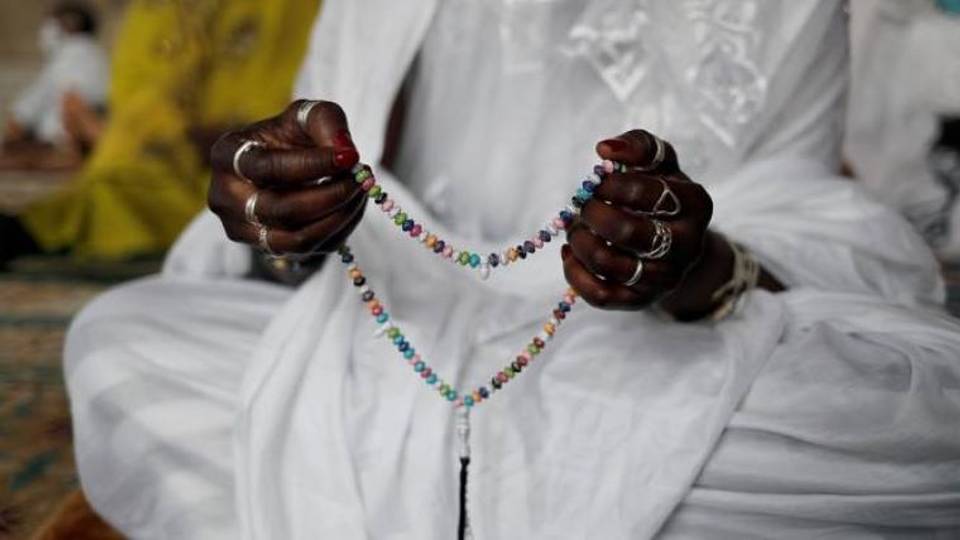
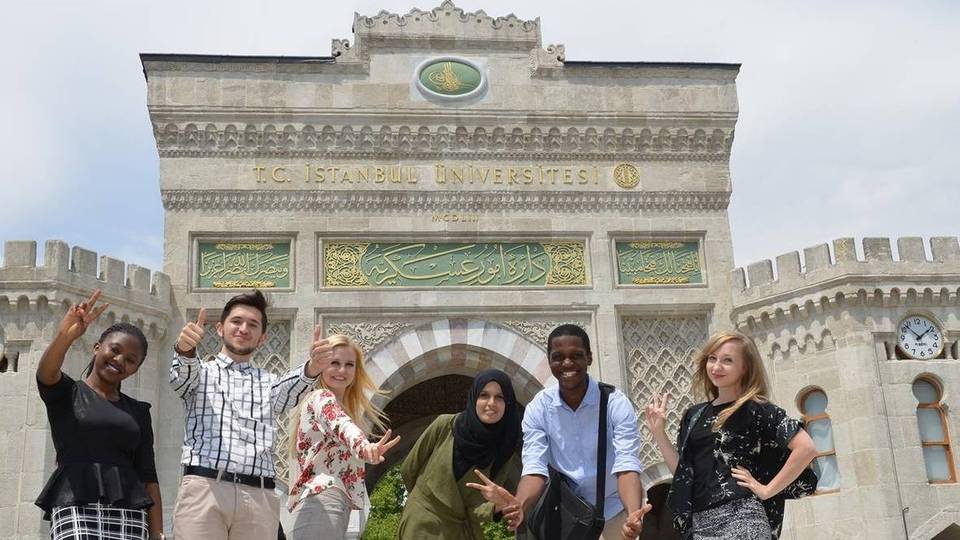
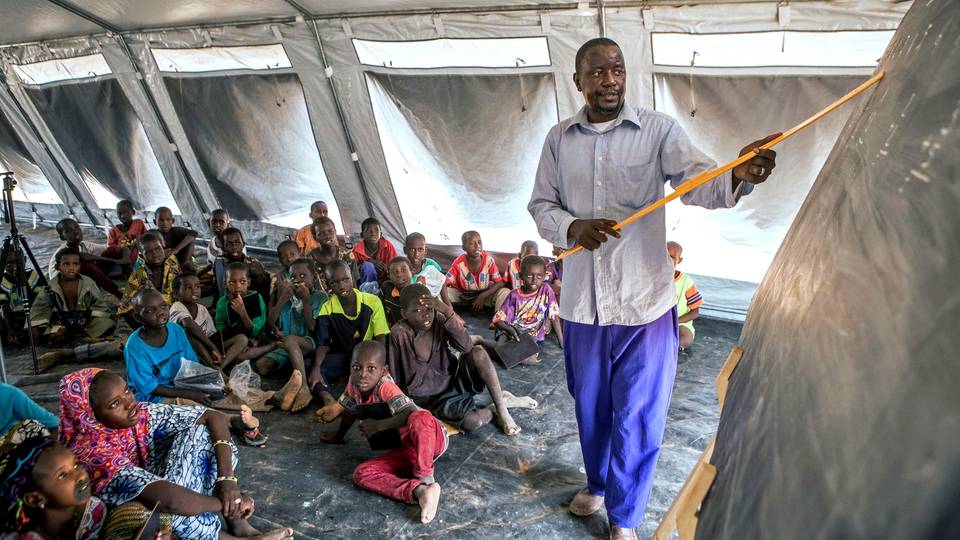
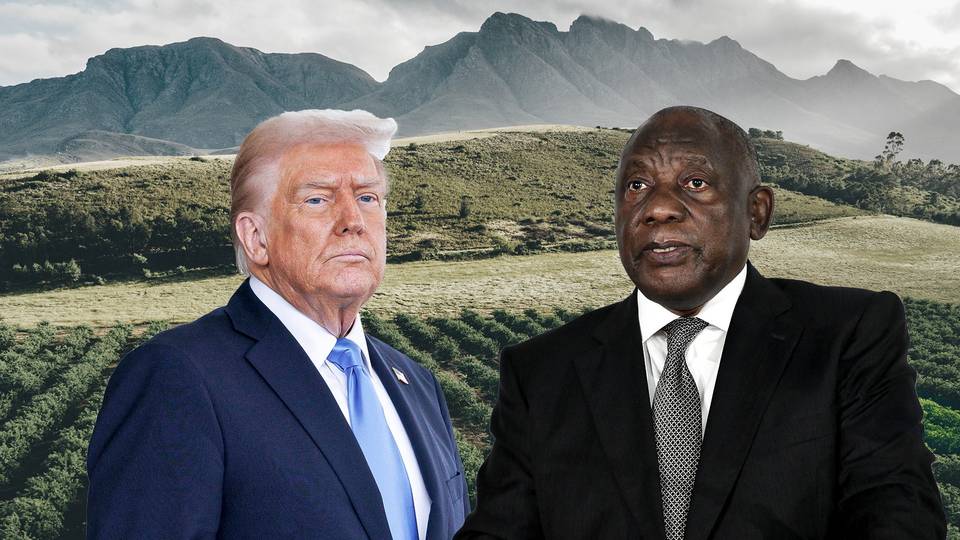








Comment